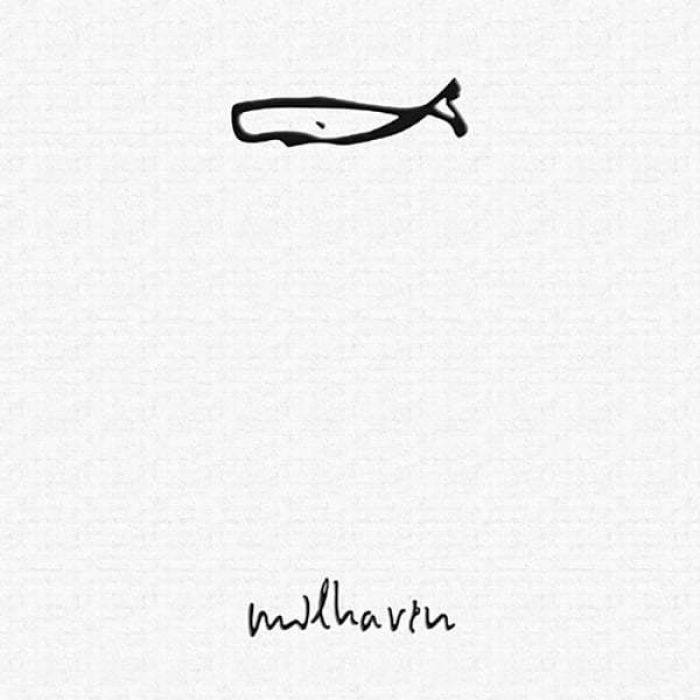Milhaven by Milhaven (Review)

Let’s get the obvious out of the way first, shall we? Yes, Milhaven are immediately comparable to Mogwai and Explosions In The Sky. But such is the curse of post-rock bands who employ slowburning climaxes and quiet/loud dynamics within their 7 to 8 minute long instrumental epics. That being said, I’m not inclined to write the band off as mere rip-offs, though the similarities to the aforementioned bands do make it somewhat difficult to differentiate Milhaven’s songs. (In other words, you might find yourself humming a guitar line from this album, only to realize that it was, in fact, “Greet Death.”)
But I can’t deny that once Milhaven gets going, with guitars that grow more chaotic with each iteration and rhythms that gain more momentum and urgency with each go-around, it’s hard not to just drop the cynicism and rock out alongside them — or at least, rock back and forth in your office chair while the band unleashes a sonic thunderstorm inside your headphones. Such is the power of good post-rock, I suppose, no matter how many bands might employ the same aesthetic. (Hey, it works for punk rock, right?)
Now, Milhaven does stumble in places. We don’t really need yet another obscure spoken word sample to bolster instrumental mayhem at this point (“Miami Jesus”) and I wouldn’t be surprised if some folks occasionally mistake “Animal 3K” for an early Explosions In The Sky b-side.
But “Supervulkan” starts things off on an early high, due in part to the machine gun guitars that lay down suppressive fire before giving way to Cure-esque textures and whiplash-inducing guitar melodies. “Count to Infinity, Twice” contains some lovely melodic filigrees that sound downright pastoral compared to the sturm und drang looming on the horizon. And finally, the last third or so of “Hunter,” the album’s final track, achieves some Mono-like levels of cathartic release. Which is nice because overall, the album does cast a rather moody pall over the listener, explosive guitar apocalyptics notwithstanding.
On a more personal note, Milhaven is a difficult listen for me in a way that most listeners might not share. Longtime readers of Opus may recall that I once played in a band. Milhaven is very close to the sort of music that we played (or, at least, aspired to play). As such, nostalgia begins welling up soon into the disc, nostalgia that makes me yearn, in a powerful way, for the simpler days of being in a (post-)rock n’ roll band, warts and all. And yet, even as I find myself thinking after bandmates that I haven’t seen or talked to in years, I wonder about how much we’ve drifted apart and what sort of connection we might make now… or if a connection is even possible.
As a result, these eight songs pack an emotional wallop for me that Milhaven could never have foreseen, and yet it gives the music a visceral emotional effect that even the most blatant Mogwai-isms can’t fully obscure.